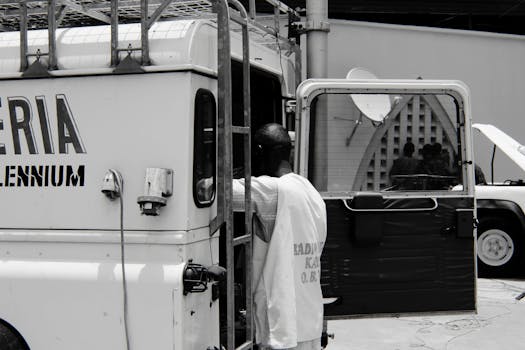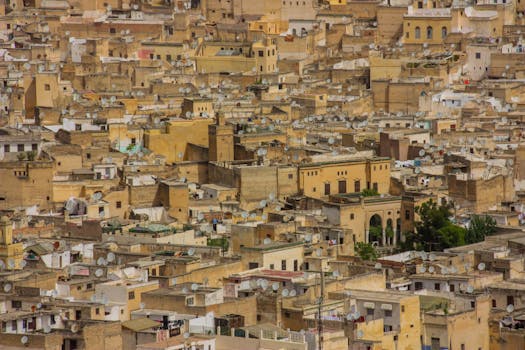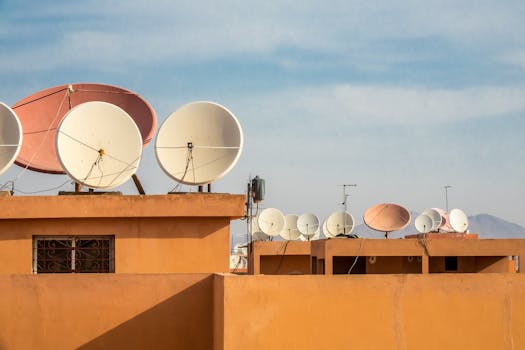Fiber vs. Satellite: The Battle for Internet Dominance in Africa

Fiber vs. Satellite: The Battle for Internet Dominance in Africa
Fiber Internet: The Future of African Connectivity

Fiber internet is widely regarded as the gold standard of internet connectivity, offering fast, reliable, and secure connections. In Africa, fiber internet is becoming increasingly popular, with many countries investing heavily in fiber infrastructure. For example, Ethiopia has launched a major digital transformation project, which includes the deployment of over 10,000 kilometers of fiber optic cables.
The benefits of fiber internet are numerous. It offers speeds of up to 100 Gbps, making it ideal for applications such as online gaming, video streaming, and cloud computing. Fiber internet is also more secure than other forms of internet connectivity, as it is difficult to intercept and tap into fiber optic cables. Additionally, fiber internet is more reliable than other forms of internet connectivity, as it is less prone to outages and downtime.
However, the deployment of fiber internet infrastructure is often hindered by high costs and logistical challenges. The cost of deploying fiber optic cables can be prohibitively expensive, especially in rural areas where the population is sparse and the terrain is difficult. Additionally, the deployment of fiber internet infrastructure often requires significant investment in equipment and personnel, which can be a challenge for many African countries.
Satellite Internet: A Viable Alternative

Satellite internet is another popular form of internet connectivity in Africa, offering a viable alternative to fiber internet. Satellite internet uses a network of satellites orbiting the earth to provide internet connectivity to users. This technology is particularly useful in rural areas where fiber internet infrastructure is not available.
The benefits of satellite internet are numerous. It offers global coverage, making it ideal for applications such as remote monitoring, telemedicine, and online education. Satellite internet is also more cost-effective than fiber internet, as it does not require the deployment of expensive infrastructure. Additionally, satellite internet is more flexible than fiber internet, as it can be easily deployed and relocated as needed.
However, satellite internet also has some limitations. It is often affected by weather conditions, such as heavy rain and snow, which can cause outages and downtime. Satellite internet is also prone to latency, which can make it difficult to use applications that require real-time communication, such as video conferencing and online gaming.
The Current State of the Market

The battle for internet dominance in Africa is heating up, with both fiber and satellite internet providers competing for market share. According to a report by ResearchAndMarkets.com, the African broadband market is expected to grow at a CAGR of 13.8% from 2021 to 2028. The report also notes that the market is dominated by fiber internet providers, who account for over 70% of the market share.
However, satellite internet providers are also gaining traction, particularly in rural areas where fiber internet infrastructure is not available. For example, Intelsat has launched a new satellite to serve the African market, which offers high-speed internet connectivity to users across the continent.
Conclusion

In conclusion, the battle for internet dominance in Africa is a complex and multifaceted issue, with both fiber and satellite internet providers competing for market share. While fiber internet offers fast, reliable, and secure connections, it is often hindered by high costs and logistical challenges. Satellite internet, on the other hand, offers a viable alternative, with global coverage, cost-effectiveness, and flexibility. As the African broadband market continues to grow, it is likely that we will see a mix of both fiber and satellite internet providers competing for market share.
See more:








